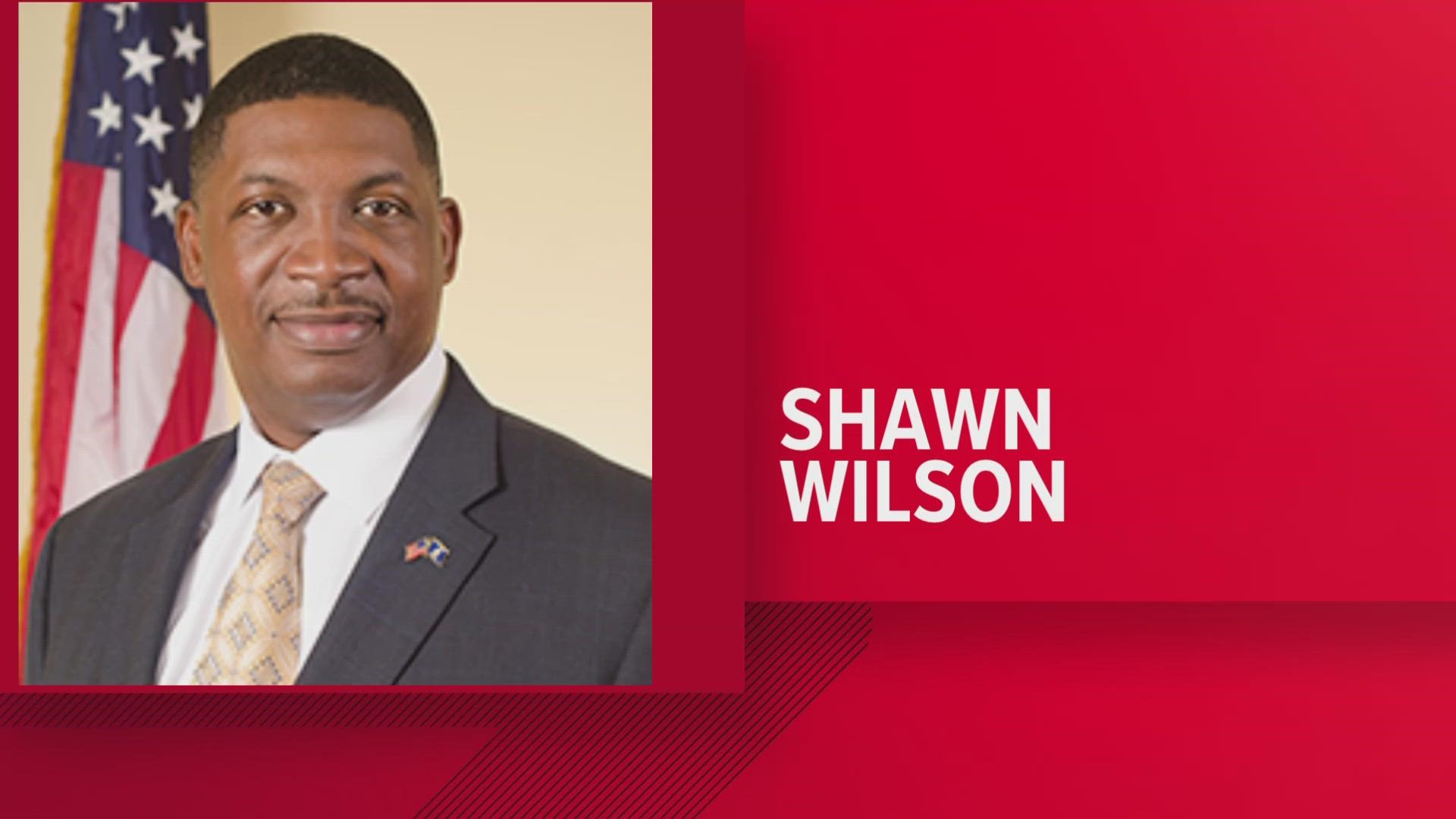NEW ORLEANS — With just seven months until Louisiana's election for governor, Shawn Wilson officially entered the gubernatorial race Monday, becoming the first prominent Democrat to seek the seat later this year.
The former head of the Louisiana Department of Transportation and Development, who appears to be the only high-profile Democrat that will run for the state's top government post in October, announced his candidacy on social media and released an official campaign video Monday morning.
“Louisiana needs a governor who will build bridges, not burn them," Wilson, 53, said in his video. "I’m Shawn Wilson, that’s the kind of leader that I’ve been and that is exactly the kind of governor that I promise to be.”
Wilson served as the Department of Transportation and Development secretary for seven years after being appointed by current Gov. John Bel Edwards. He retired from the position last week in preparation for his candidacy. During Wilson’s tenure the state invested nearly $5.5 billion in infrastructure projects, consisting of more than 7,000 miles of improvements. In 2020, he was elected as the first Black president of the American Association of State Highway and Transportation Officials.
The Democrat faces a major uphill battle in a reliably red state that has four popular Republicans running for the state's top government post. Edwards, a Democrat, is unable to run again due to term limits — opening a huge opportunity for the GOP in a state where former President Donald Trump overwhelmingly won the last two presidential elections.
Although the highly-anticipated October election is quickly-approaching, Wilson is the first prominent Democrat to launch a bid for governor. Daniel “Danny” Cole, a Pentecostal pastor and special education teacher in Central Louisiana, is also running for the seat as a Democrat. District Attorney of East Baton Rouge Hillar Moore III and Katie Bernhardt, the chairwoman for the Louisiana Democratic Party, had long been considered possible blue candidates — but both announced last month they had opted against it.
Currently four prominent Republicans are running to lead the state: Attorney General Jeff Landry; State Treasurer John Schroder; state Sen. Sharon Hewitt; and state Rep. Richard Nelson. Also considering entering the race is U.S. Rep. Garret Graves and state House Speaker Clay Schexnayder, both Republicans. Gubernatorial candidates are required to officially submit qualifying papers to the secretary of state between Aug. 8 and Aug. 10.
In addition, three lesser-known candidates have entered the race: Hunter Lundy, a Lake Charles small business owner and attorney is running as an independent; Xan John, a businessman who unsuccessfully ran for U.S. Senate twice is running as a Republican; and Jeffery Istre, an oil field worker and U.S. Army veteran, is running as an Independent.
Under Louisiana’s “jungle” primary system, all candidates — regardless of party affiliation — will run against one another on the same ballot on Oct. 14. If no candidate tops 50% in that primary, the top two vote-getters will advance to the general election on Nov. 18.
Along with navigating a crowded ballot, Wilson will have to race against time to successfully campaign. For context, when Gov. Edwards first entered the 2015 governor’s race, he did so two years and eight months in advance — giving more time to travel around the state, discuss his goals, earn endorsements, gain name recognition and, most importantly, raise campaign funds.
As of right now, the candidate with the most cash on hand in the race is Attorney General Landry, who has amassed more than $5 million, according to campaign finance reports. The conservative Republican and staunch Trump supporter received a controversial early endorsement from the state's Republican Party.
Given the state’s demographics, the trending of the parties and the lack of time ahead of the election, it seems that Democrats would have to find a way to defy political geography in a race that is the GOP’s to lose. But that has been done before — in Kentucky in 2019, in Kansas in 2018 and in Louisiana when Edwards, then a rural state representative, went on to shock the country not once, but twice.

